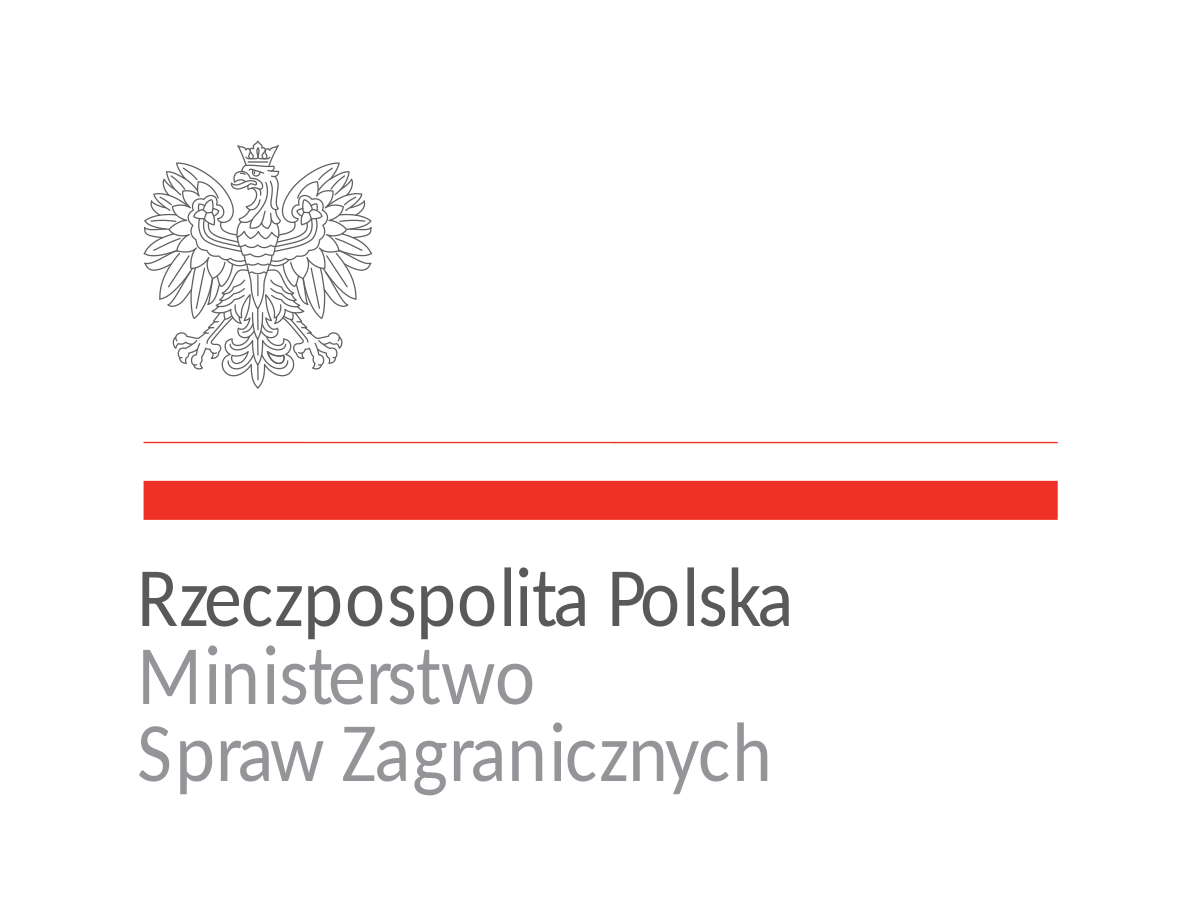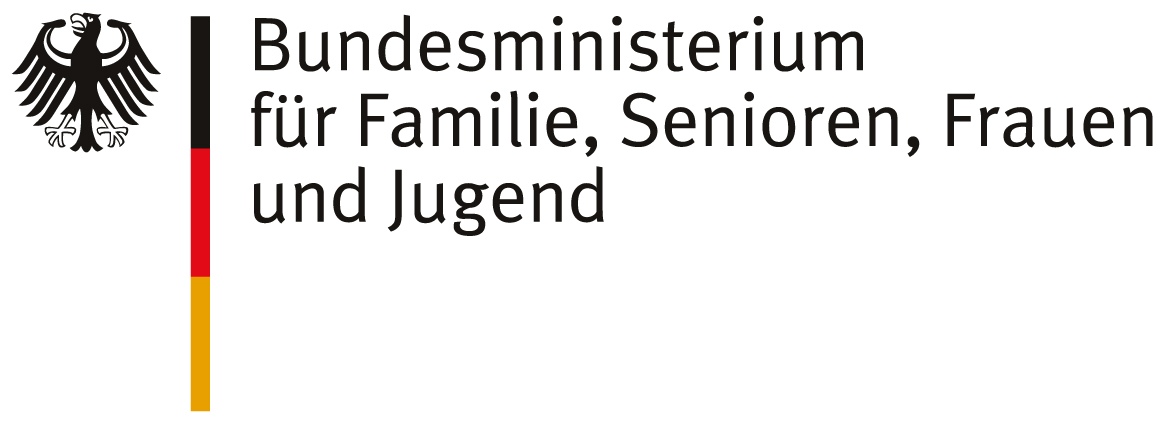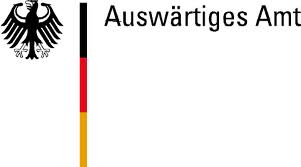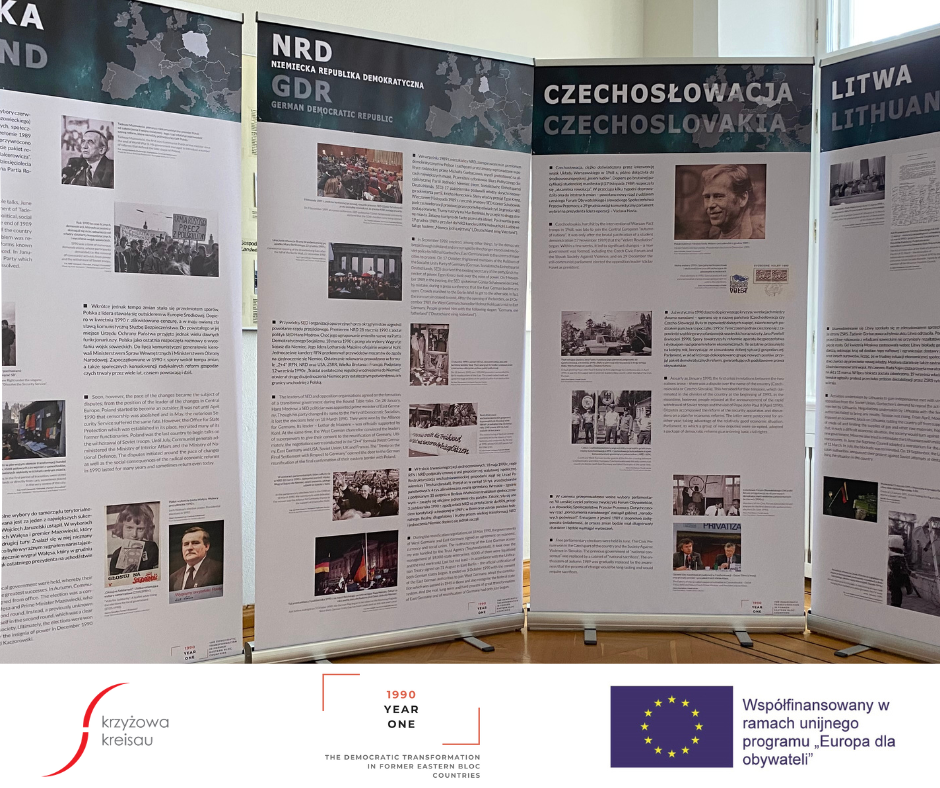
We would like to invite you to visit the exhibition '1990: The Birth of a New Europe', which is presented in the Palace in Krzyżowa.
It brings us closer to the changes of 1990, a year which was a turning point in overcoming the communist legacy and shaping democracy in the countries of Central and Eastern Europe, on the example of the history of Poland, East Germany, Czechoslovakia and Lithuania.
The exhibition '1990: The Birth of a New Europe' is a mobile exhibition, available in Polish and English.
It is presented in the Palace, on the second floor, just in front of the May Hall.
The exhibition is accompanied by the website www.year1990.eu
It contains more detailed information on the course of events in 1990 in the above-mentioned countries, Poland, Eastern Germany, Czechoslovakia and Lithuania, as well as the other countries of the former People's Democracy (Albania, Belarus, Bulgaria, Estonia, Yugoslavia, Latvia, Romania, Ukraine, Hungary).
All schools and cultural organisations interested in temporarily lending the exhibition, please contact the secretariat: This email address is being protected from spambots. You need JavaScript enabled to view it.
*
The exhibition and the website were created as part of the educational project '1990 / Year One. The democratic transformation in former Eastern Bloc countries', realised by the Krzyżowa Foundation for Mutual Understanding in Europe, in cooperation with Paweł Włodkowic Institute (Poland), Stiftung Adam von Trott, Imshausen e.V. (Germany), Post Bellum (Czech Republic) and Anyksciu svietimo pagalbos tarnyba (Lithuania).
The project is implemented within the framework of the Europe for Citizens Programme - Strand 1. European Remembrance programme and is co-financed by the European Commission.

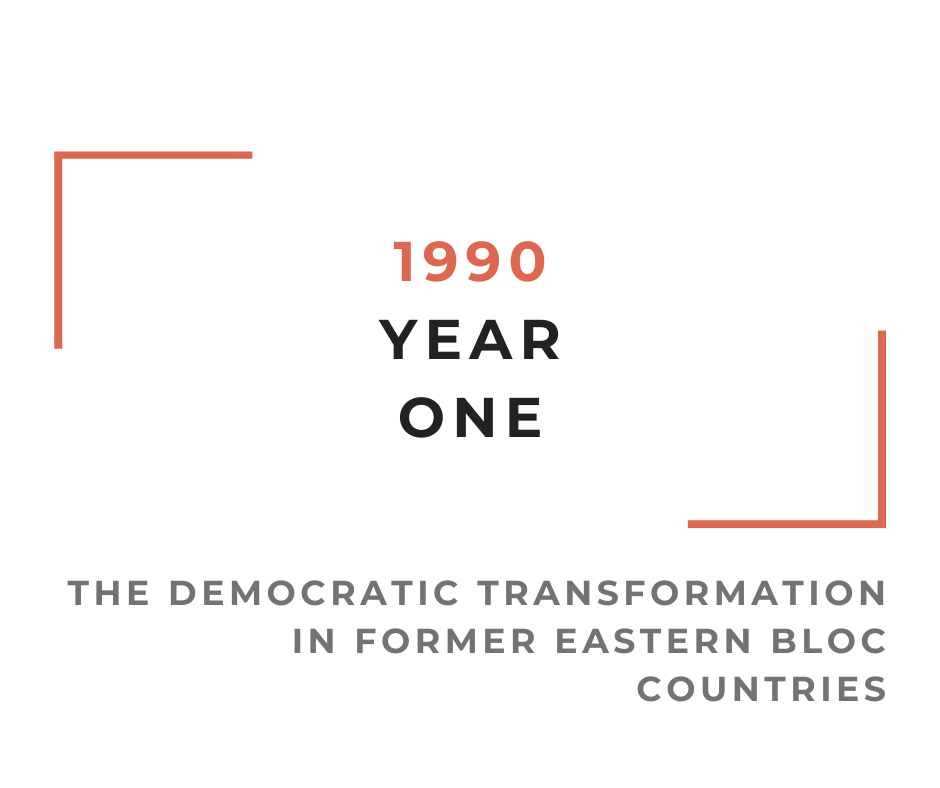









 (Copy).jpg)
.jpg)


.png)
.png)




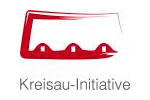
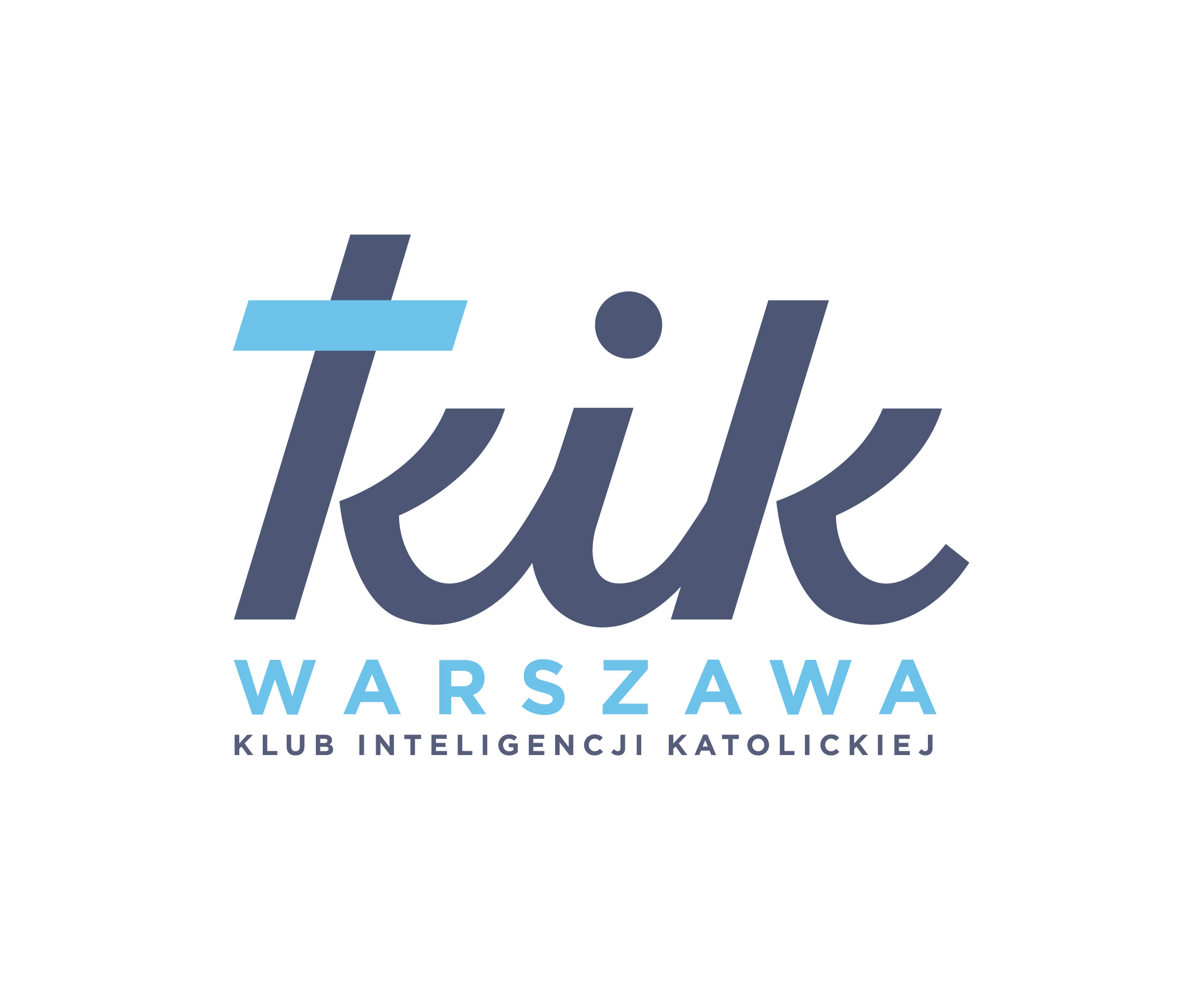
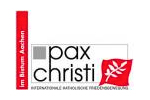
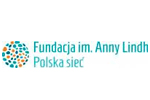
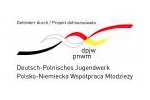
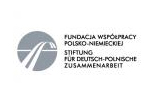

.jpg)




